Viva Água
2015
Film
Feminism, Performance
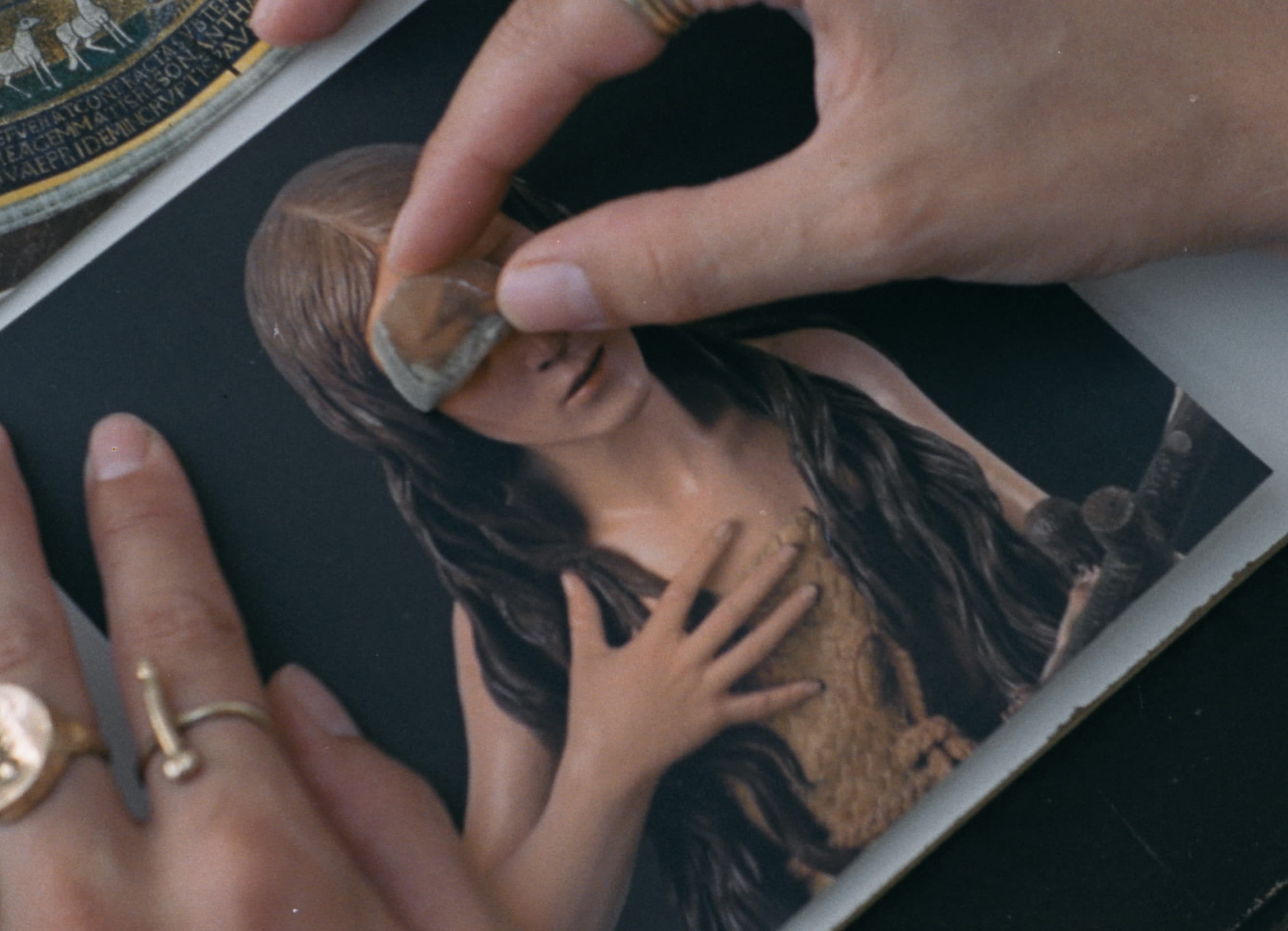
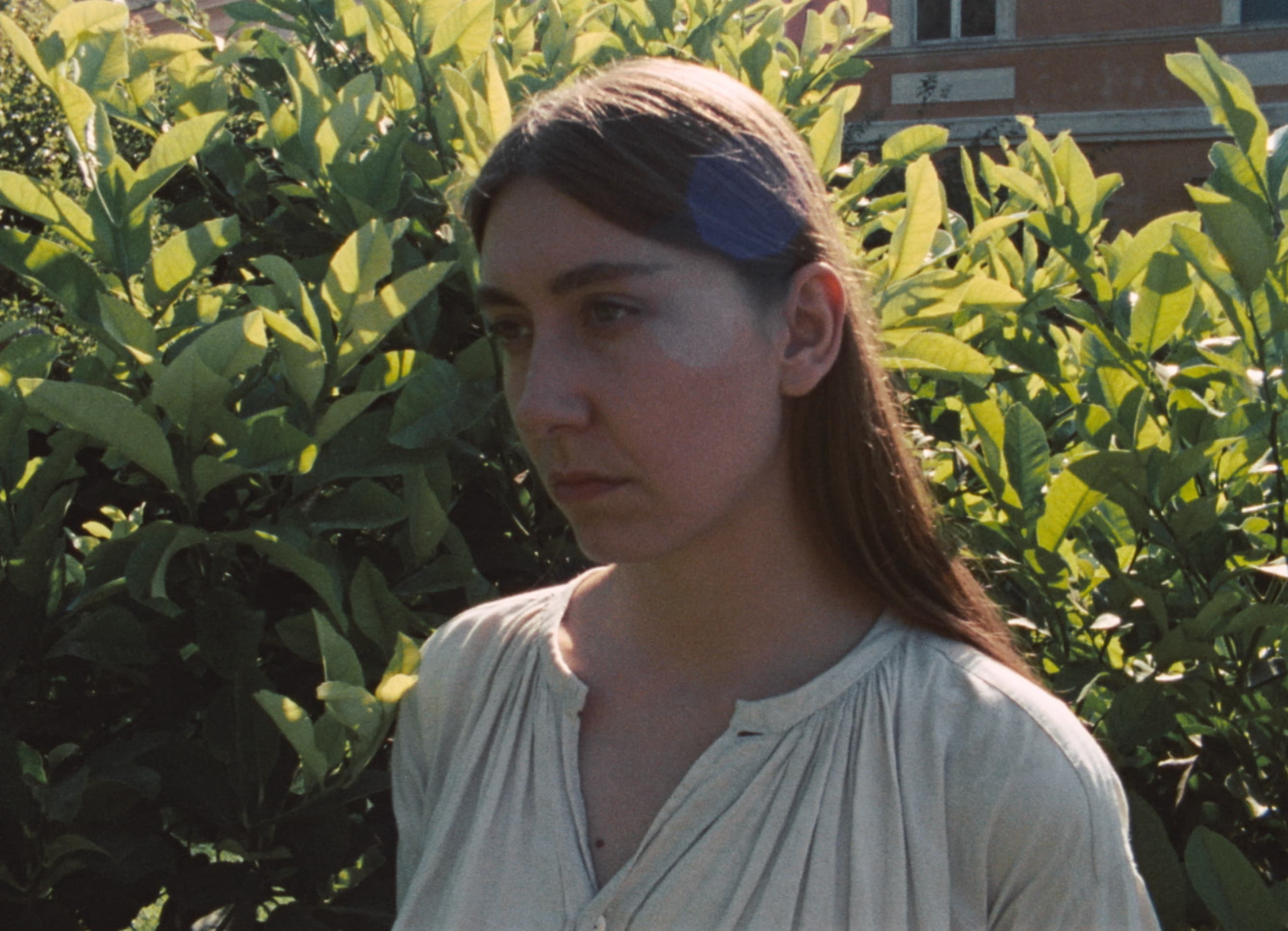
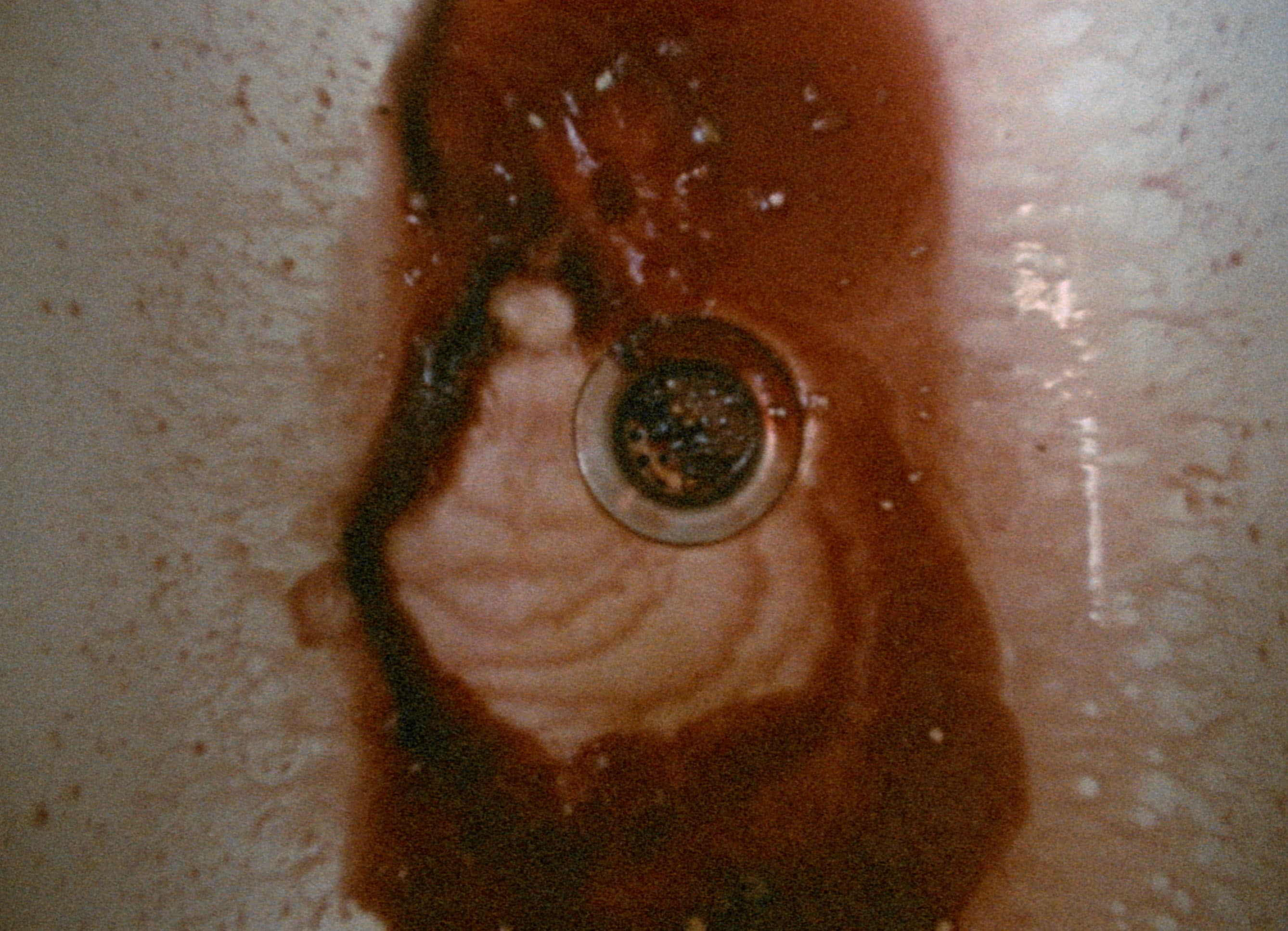
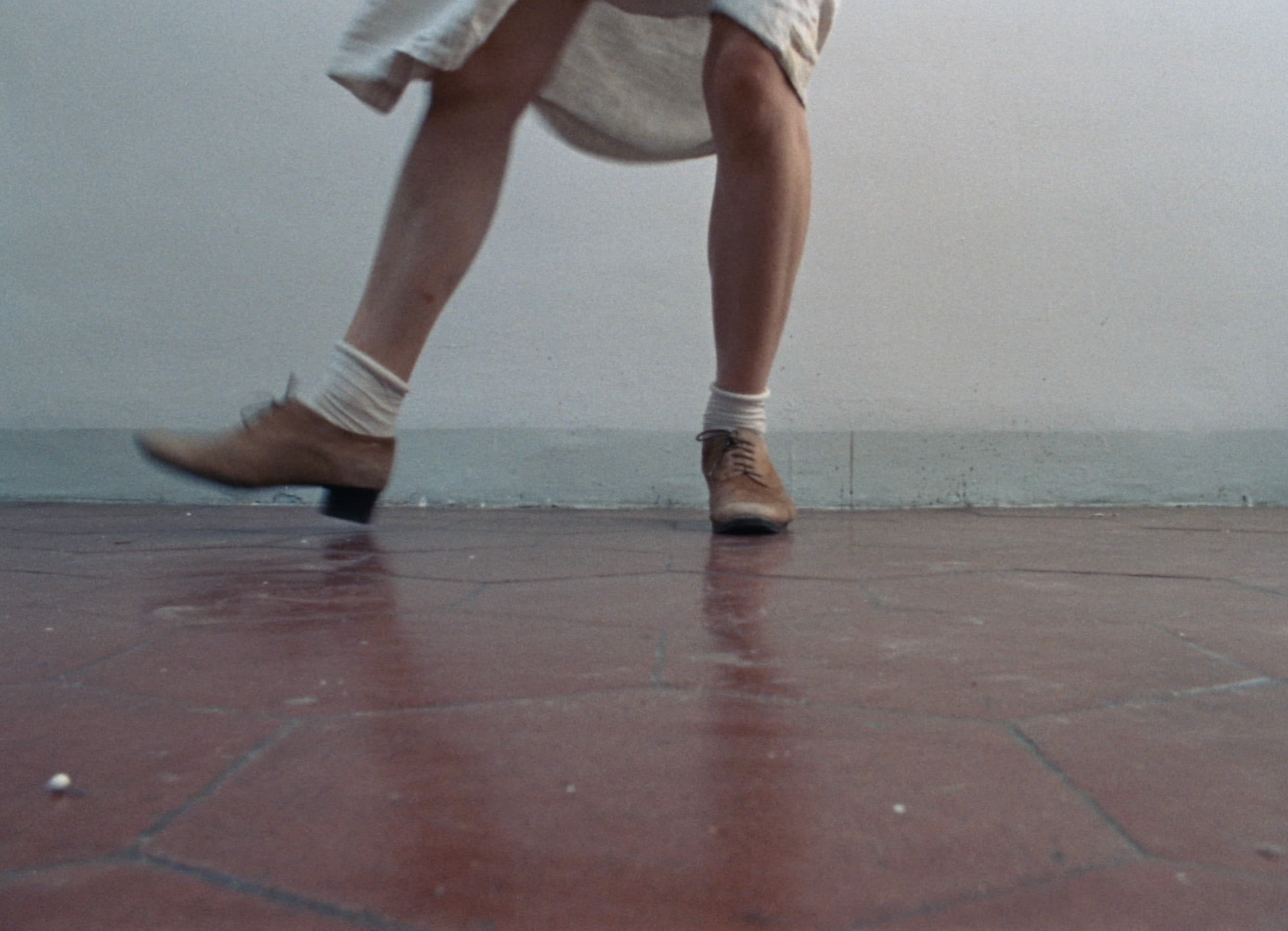
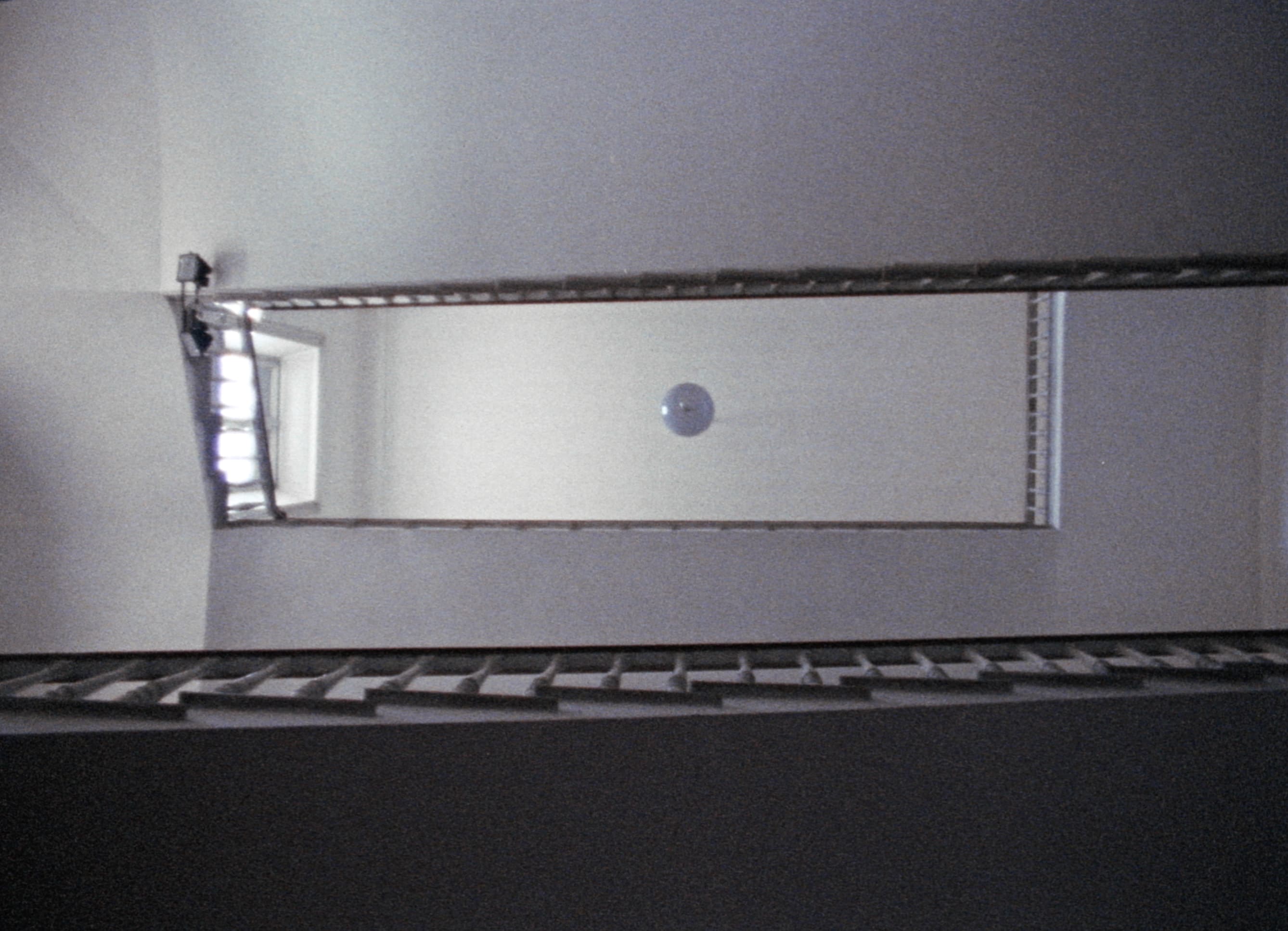
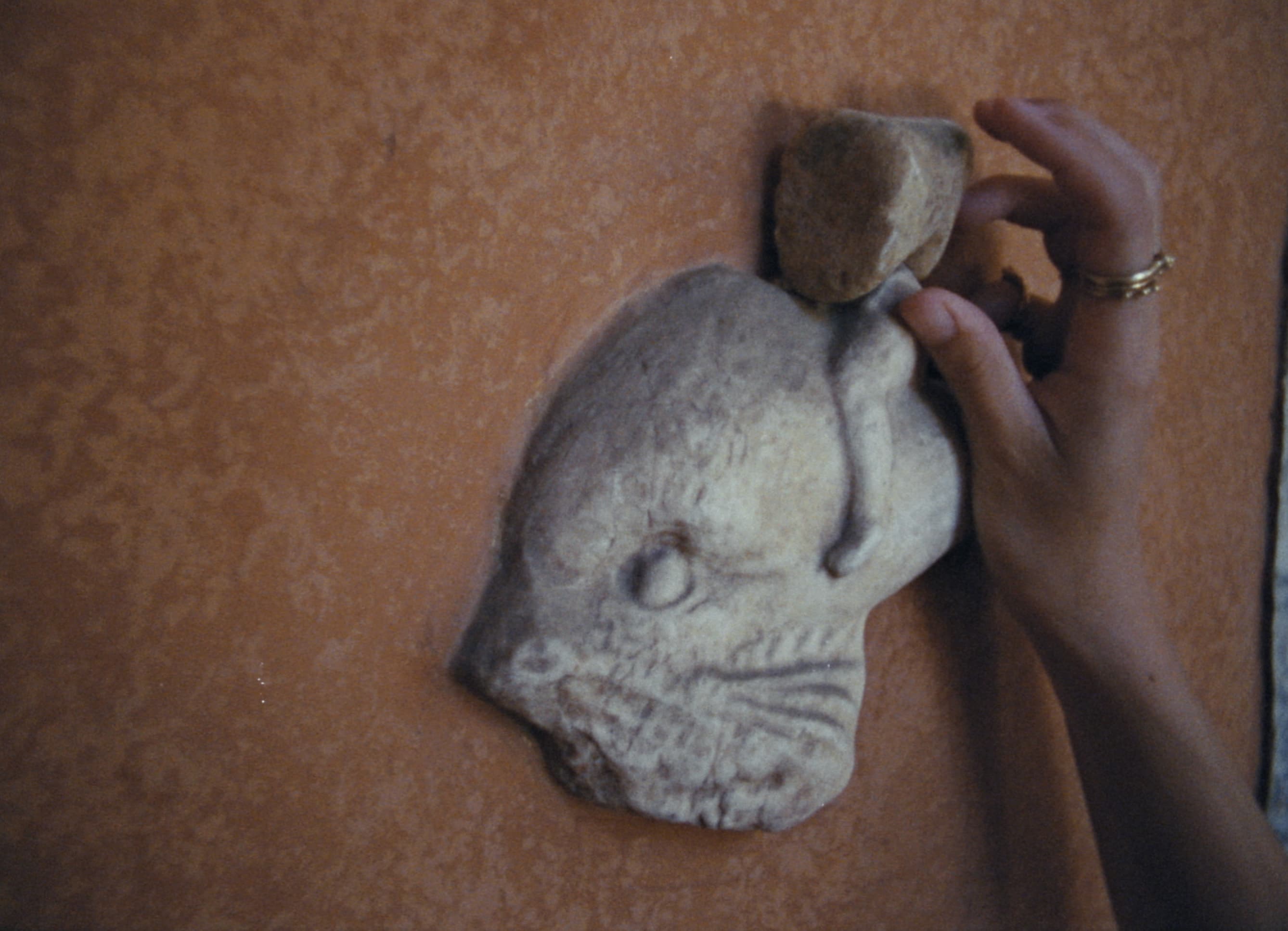






Director: Cynthia Madansky
Performer: Joanne Burke
Music: Zeena Parkins
16 mm ◊ 9 min.
“When you see, the act of seeing has no form. What you see has form and sometimes doesn’t.
Sometimes what is seen is ineffable” — Clarice Lispector
Borrowing text from Clarice Lispector’s fleet, experimental 1973 novel Água Viva, Madansky’s cinematic tribute to the writer embraces not just the content of her writing but the form itself. As with Lispector’s original text, a small book that opens endlessly, Madansky’s own film runs a mere 9 minutes, and is minimal in approach, but suggests countless stories and interlocutors couched in a repeated “you”. The film oscillates between Lispector’s words—narrated in Portuguese, alongside English intertitles—and a woman (Joanne Burke) navigating her surrounding world in particularly tactile ways. The repeated acts of crawling, dancing, caressing, and holding are interspersed oneiric images that disappear as quickly as they appear, all set to Zeena Parkins’ score. Just as Lispector’s text hews to fiction despite its abstract nature, eliding many expectations of formal conventions, Viva Água’s images can feel like lost, disassembled fragments from a narrative feature film. Indeed, moments are the closest Madansky’s protean work has flirted with the classic genres of psychodrama, or even horror.
Part of the Feminist Writers Series, an ongoing suite of films, inspired by the words of radical international feminists. Ranging from canonized to little-known figures, and unbeholden by genre, the films cite and respond to works of poetry, novels, theatre, theory, political writing, and other nonfiction.